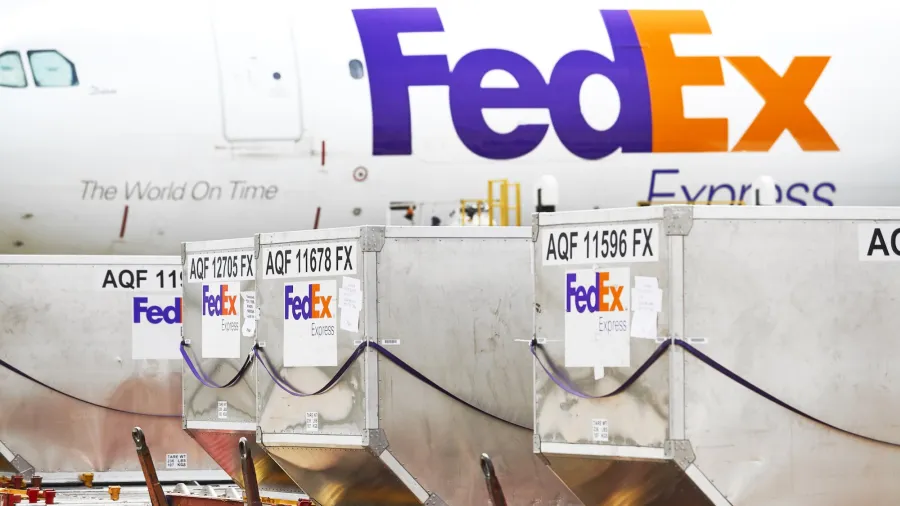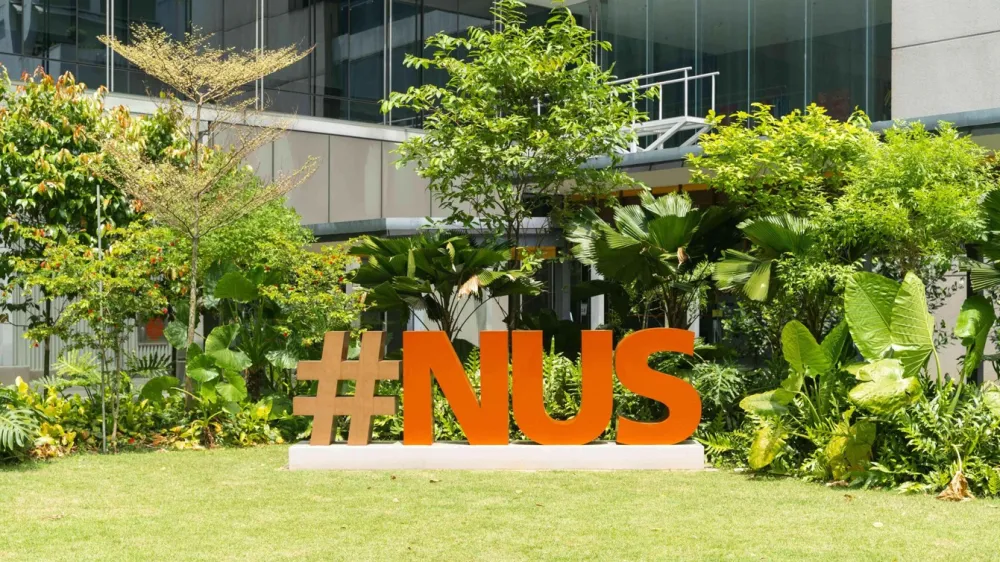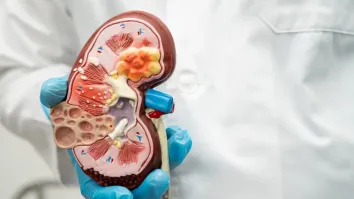
Delivering hope amidst crisis through unparalleled logistics expertise
Moving aid to where it is needed most is crucial to address the healthcare needs of the world’s underprivileged.
When the 7.2-magnitude earthquake devastated Haiti in August 2021, close to a million people were left in dire need of humanitarian assistance. The quake took a particular toll on the country’s already struggling healthcare system, with ill-equipped hospitals unable to accommodate thousands of injured patients.
Relief organisations swiftly mobilised to provide aid. This was easier said than done. Much of the damage occurred far from Port-au-Prince, the capital, away from roads and airports. Still, in less than a fortnight, the International Medical Corps had established a fully functional emergency field response hospital in the hard-hit southwestern town of Aquin through dedicated chartered flights. The field hospital functioned as a self-sufficient outpatient health facility with trained staff, supplies, and equipment needed to provide a wide range of medical services. About 79 tonnes of critical medical supplies were also shipped by FedEx to the worst-affected areas through another chartered flight loaded with $8million worth of prescription medications, IV solutions, emergency medical backpacks, and other supplies.
Behind the smooth operations was a robust logistics system capable of addressing the need for humanitarian aid under intense pressure. This is just one example of how logistics plays a critical role in delivering aid and hope to vulnerable communities around the globe.
Bridging the gap
In times of crisis, if humanitarian aid serves as a critical lifeline for millions of people worldwide, then the logistics service could be an invisible vein that connects the movement of relief supplies with people in need.
The most promising developments in the overland movement were helicopters and vertical-takeoff-and-landing aircraft, along with techniques of rapid airfield construction, which enabled streamlined airmobile forces and their logistic tails to overleap terrain obstacles and significantly reduced their dependence on roads, airfields, and forward bases. Since then, humanitarian aid has saved multiple lives at a faster speed.
Over the past two and a half years, however, the health and economic shocks of COVID-19 have further exacerbated the need for moving aid across the world. Even countries with fewer reported cases have still experienced severe impacts on livelihoods, household income, poverty, and food security. In many countries, the pandemic has also further constrained access to medical care for maternal and child health.
Moving beyond the pandemic
In 2022, an estimated 291.3 million people will need humanitarian assistance and protection - a significant increase from 235 million people just a year ago, which was already the highest figure in decades. The need for humanitarian aid is keenly felt across the Asia Pacific region, which is home to one-quarter of the world’s conflicts and several protracted crises.
Even as the COVID-19 situation eases, many countries across Asia still struggle to procure vaccines and other supplies. An equitable vaccine rollout is the ideal, and developing countries need support in vaccine procurement and life-saving medical supplies.
For example, whilst India was in the grips of a crippling COVID-19 resurge back in June 2021, logistics services providers such as FedEx, donated three dedicated chartered flights to deliver tens of thousands of critically needed oxygen concentrators, and hundreds of tonnes of medical supplies and aid into the country. When Vietnam and South Korea were battling the surge of the Delta variant last year, FedEx was at the forefront, delivering hundreds of thousands of COVID-19 vaccines and antigen test kits to communities where these were needed the most.
To date, FedEx has collectively delivered approximately 14,000 COVID-19 related humanitarian relief shipments through close collaboration with governments and healthcare organisations worldwide. This demonstrates how the private sector could be an important ally to the collective cause, mobilising resources and strengthening emergency preparedness and recovery.
With Omicron raging worldwide and complex geopolitical shifts, greater collaboration is needed to include the private sector in humanitarian coordination system. Delivering humanitarian aid is about igniting hope and sharing support. FedEx has set an ambitious goal of creating positive impact to 50 million people around the world by 2023, and is committed to continue leveraging its global network, leading healthcare delivery solutions and decades of expertise to help deliver more mission-critical aid to communities.
Learn more about how FedEx supports humanitarian aid and the healthcare industry on FedEx Business Insights.
By Audrey Cheong, regional vice president, Southeast Asia, FedEx Express



















 Advertise
Advertise






